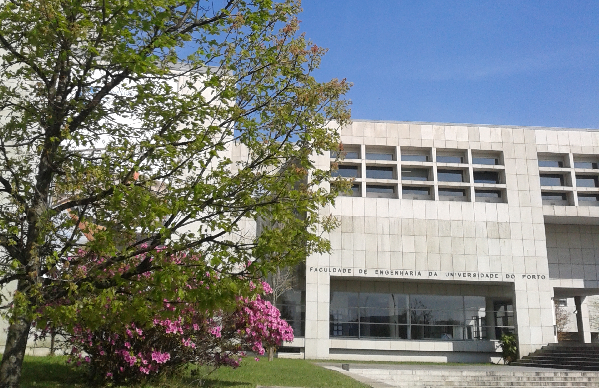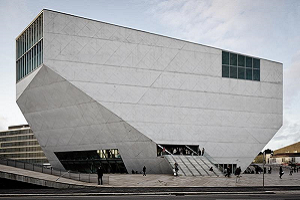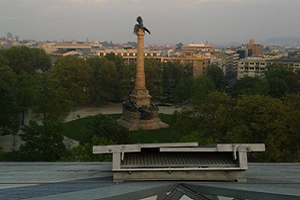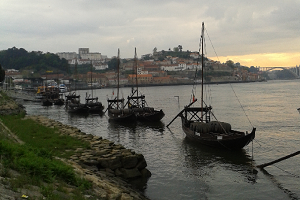
April 22, 2014, by Blue-Green team
3rd EU IAHR Congress: Porto, Portugal (April 2014)
Blog post by Deonie Allen (Heriot-Watt University).
The 3rd EU IAHR (International Association for Hydro-Environment Engineering and Research) conference was recently held in Porto, the beautiful river city of North West Portugal. This city is best known for its discovery of Port, the aged red wine originating from this area and as a UNESCO world heritage site. The congress was attended by academics and researchers from across Europe, and included presenters from Mexico, Brazil, USA, and Australia.
The four themes of the congress were:
- Hydro-environment and eco-hydraulics;
- Maritime hydraulics and coastal engineering;
- Sustainable water resources and hydraulic engineering;
- Uncertainty, extremes and climate change.
‘Water is a paradox: Is it abundant or scares? Is it an amenity or an industry? A source of conflict or co-operation?’
This was the opening question and set the focus and importance of water research for the Congress. Papers presented extended over a range of coastal, river and stormwater dynamics, extended from computational hydraulic models; to the sustainable management and use of water; to the fine detail of water quality improvement and velocity depth profiles within vegetation masses. A Blue-Green Cities representative from Heriot-Watt University presented the current research in urban stormwater sediment transport analysis at the Congress. Pink sediment and the use of rare earth tracing was the focus of the paper, presenting the first multiple event sediment transport findings from the Blue-Green Cities field research (read more on the WP2b webpage).
Porto University showcased its impressive hydraulics laboratory and teaching facilities as well as the city. The congress dinner was held in the famous Casa da Musica, the Porto’s iconic music house. Hosted by the Professor Franceisco Correia, networking among conference participants including the editors of the Hydraulics Research Journal and members of the IPCC working group was facilitated in traditional Portuguese style. Of key interest to the Blue-Green Cities community and economics elements was the work undertaken by Professor Helena Ramos’s team in Lisbon looking to sustainable energy recovery using SuDS (sustainable urban drainage systems) storage and the SuDS energy nexus.
The congress peer reviewed proceedings will be available from the IAHR website in the coming weeks.
More information on conferences and other Blue-Green Cities activities can be found on our website.
No comments yet, fill out a comment to be the first





Leave a Reply